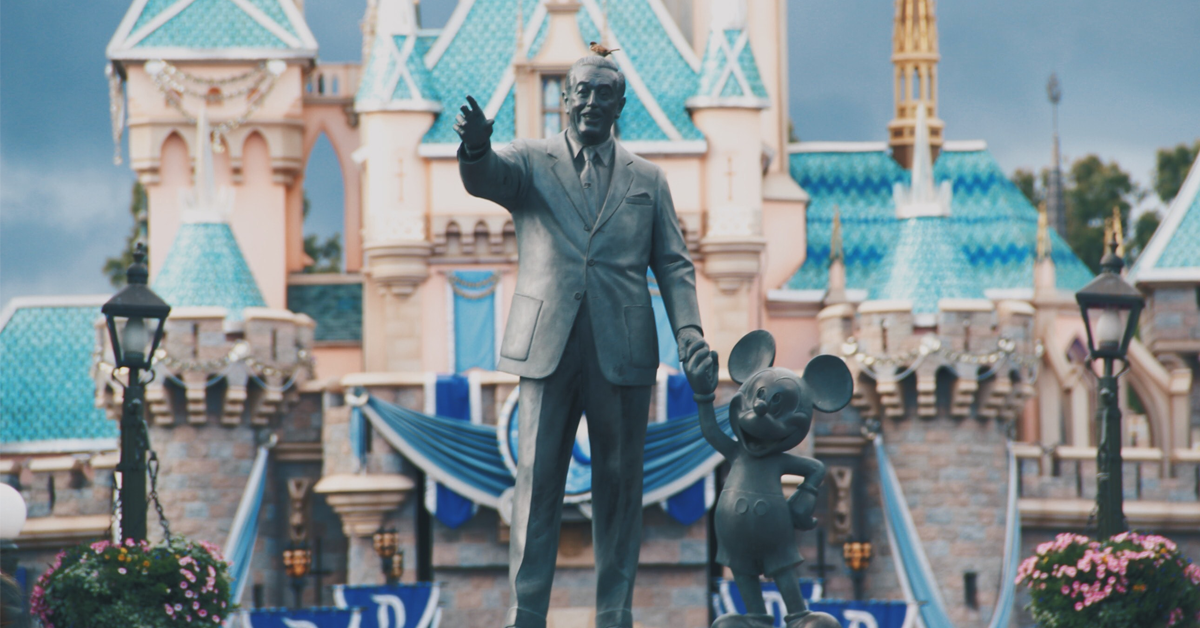What exactly happened at City Hall, starting in the fall of 2000? The answer to that seemingly simple question will be key to Campaign 2016.
I’ve spent several days digging through the minutes of City Council meetings during that period.
The City Clerk’s Office used to have tape recordings of those meetings. I listened to recordings of key meetings a half-dozen times during my days at The Bee. Those were dramatic times.
Then the council in about 2009 ordered the city clerk to destroy the tapes. Most unfortunate. I still can’t believe elected officials charged with protecting the interests of our municipal corporation would throw away something so valuable and irreplaceable.
The minutes will have to suffice.
What did I find?
For starters, it’s hard in 2016 to grasp just how toxic was the atmosphere at City Hall as the stadium deal made its way to the council.
For instance, on Oct. 3, 2000, two weeks before the historic stadium vote, a council majority introduced a resolution to censure one of the stadium’s harshest critics – Mathys.
The issue (at least on the surface) was Mathys’s concern that the city might blithely approve what the minutes call a “nude juice bar.” The minutes aren’t clear, but the business apparently was slated for Mathys’s district in Northwest Fresno.
(For what it’s worth, keep in mind that Mathys, Bredefeld, Ronquillo and Quintero had all been part of the large field in the June 2000 mayoral primary. None, obviously, made it to the runoff.)
Council members went to great lengths to 1.) praise the First Amendment’s guarantee of free speech; 2.) ensure that no council member went beyond what the majority viewed as proper free speech.
Bredefeld, according to the minutes, reminded the audience that the council was about to “censure, not censor,” Mathys. At issue, Bredefeld said, “was a Councilmember conducting himself in a reckless, irresponsible and unethical manner.” Bredefeld said “he would not stay quiet on behavior that shed a bad light on the Council ….”
City Attorney Hilda Cantu Montoy said the council had no legal authority to discipline its own members. Nonetheless, the resolution to censure passed 5-1. Mathys voted no. Steitz was absent.
Then came the Oct. 17, 2000 hearing on the stadium deal.
I must make two key points so you understand the background as everyone gathered in the Council Chamber.
First, Fresno at the time had a dynamic Redevelopment Agency (RDA) led by Executive Director Dan Fitzpatrick.
RDAs were killed several years ago by Gov. Jerry Brown during the state’s financial crisis. But Fresno’s RDA in 2000 was going gangbusters. The agency’s business model was complex. It’s enough to say the RDA used a slice of property taxes to clear away blight, spur business in rundown neighborhoods and build low-income housing.
Critics said an RDA was the worst example of crony capitalism. But there’s no denying the Fresno RDA in 2000 was a powerful rebuilding and financing tool. It would be responsible for getting the land for the stadium.
Nor did it hurt that the source of RDA governance wasn’t the mayor. The RDA’s boss was the City Council itself.
Second, the council as it convened the stadium hearing was operating under a fiscal year 2000-01 budget that was barely three months old.
The budget of $687 million funded a city workforce of more than 3,600 employees (or, to be more accurate, full-time equivalent workers; not every position was filled).
The budget’s most important piece is the general fund – money spent at the discretion of elected officials. Most of the rest of the budget consists of grants and fees paid for specific services (trash, water, sewer).
The 2000-01 general fund budget was $158.8 million. Most of it went to police, fire, parks, public works, city council, mayor and city manager’s office.
The 1999-00 general fund budget was $158.4 million. The size of this most important source of money had barely budged in a year.
Every penny in the general fund was cherished.
(As a point of reference, the city’s current budget is $1.2 billion. The general fund gets about $300 million a year. There are about 3,200 city workers.)
The City Council on Oct. 17, 2000 met at 2:59 p.m. in joint session with the RDA. Seven separate items were on the table. They included a stadium sublease with the Fresno Diamond Group, a non-relocation agreement, a parking deal and a plan to finance construction of the stadium.
Bottom line: The city would build and own the stadium; the Grizzlies would play there for at least 30 years; the stadium would get lots of other uses.








